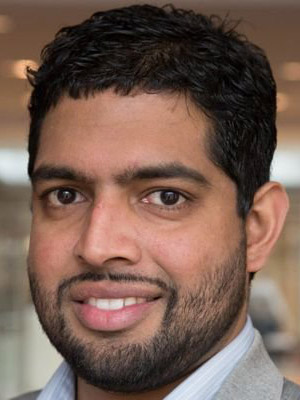
How do we empower patients and families to ensure they receive the highest quality mental health care? What opportunities exist for clinicians to work with the housing, employment, and other sectors to advance mental health and wellness for all?
The answers to these questions are especially important to me, having watched loved ones’ personal struggles with mental illness, even when they had access to care and treatment.
That’s why I was pleased to attend a forum that brought together some of the nation’s leading thinkers to explore these questions on November 6 at Kaiser Permanente’s Center for Total Health in Washington, DC. The discussion dovetailed a complementary effort to develop innovative, cross-sector programmatic and policy ideas for advancing the behavioral health of economically disadvantaged children, women, and families, which is co-led by my organization’s Economic Security and Opportunity Initiative, Mental Health America, and Kaiser Permanente.
Speakers Contribute Personal Experiences, Varied Perspectives
The forum included mental health leaders from a variety of sectors, each contributing a unique point of view and set of challenges. When I reflect on the day’s themes, here’s what stood out to me:
- Journalist Pete Earley shared a remarkable story of his own family’s struggle with mental illness, which led him to become an advocate for reform. [Image, no caption. Speaker at podium]
- Keris Myrick, director of the Office of Consumer Affairs at SAMHSA, connected her personal experience with professional efforts to fundamentally change how we address unmet mental health needs.
- Mary Giliberti, CEO of the National Alliance on Mental Illness argued for greater engagement of young people and the institutions they interact with since the vast majority of mental illnesses appear before age 25.
- Glenda Wren, director of the Kennedy Satcher Center for Mental Health Equity, observed a paradox: mental health professionals are simultaneously overworked and underutilized.
- Uma Ahluwalia, director of Montgomery County, Maryland’s Department of Health and Human Services, noted that, in some cases, public insurance offers access to mental health care that is lacking in private insurance.
- Elinore McCance-Katz, assistant secretary of mental health and substance use at SAMHSA, suggested decriminalizing minor drug offenses to help us more effectively address mental health needs.
- Richard Frank, professor of health economics at Harvard Medical School, pressed us to acknowledge our progress and successes while considering new approaches to promote more positive employment outcomes for people with mental illness.
Many Challenges Exist, But Our Efforts are Strengthened when Aligned
Overall, speakers highlighted the need for broad cultural change, with the goal of demonstrating the same compassion for people with mental health needs as those with physical health needs. However, compassion and culture change alone will still fall far short of what’s needed.
A common theme was the impossibility of even the savviest experts and professionals to navigate various “systems” when needing mental health care and treatment for themselves or a loved one. And mental health challenges often do not appear in isolation from other social, emotional, economic, or other health challenges.
Even as we develop innovative approaches to address these challenges, several speakers made clear that we’ll need to clarify our privacy laws, ensure housing stability, train differently the health and care workforces, develop new care quality measures, and engage people and institutions in new ways.
We’ll need to think anew about the role of law enforcement and the criminal justice system, tackling racial and gender disparities, and the funding commitment we make as a nation. All this, and I haven’t even touched on the numerous ideas for payment reform, integrated service delivery, or the use of predictive analytics to improve mental health outcomes.
Nobody believes we are where we need to be, but the forum offered hope. There are exciting efforts happening at all levels of government, as well as in the nongovernmental sector. Through our combined efforts and collective thinking, we will continue to build a shared vision for a sophisticated, unified agenda across sectors and stakeholders.
This forum made clear that emphasizing prevention and keeping the patient and family voice central in our discussions is essential to truly understand their experiences and needs. We have a responsibility to continue these discussions and – more importantly – to act on them. This work will take time and the results will never come soon enough, but the only way forward is together.
